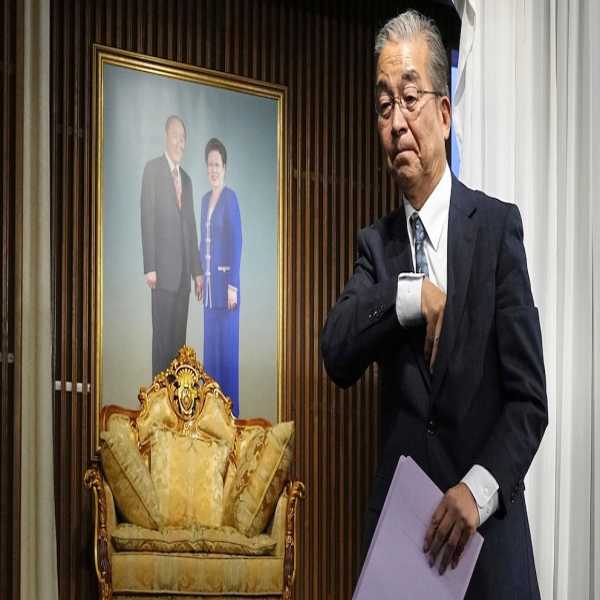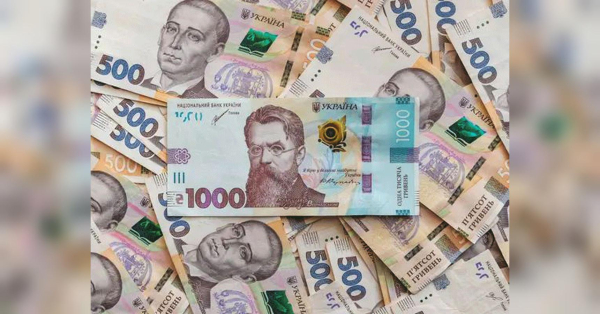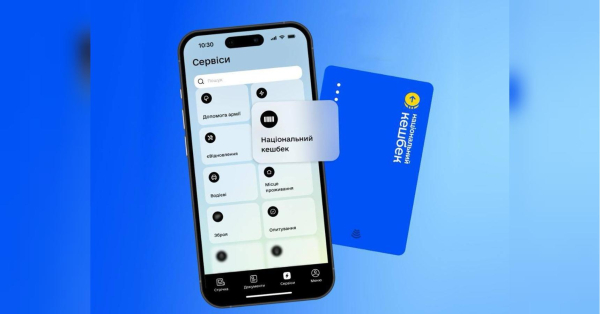
TOKYO — The Japanese branch of the Unification Church on Monday criticized the Japanese government's request for a court order to dissolve the group, saying it's based on groundless accusations and is a serious threat to religious freedom and human rights of its followers.
Japan’s Education Ministry on Friday asked the Tokyo District Court to revoke the legal status of the Unification Church after a ministry investigation concluded the group for decades has systematically manipulated its followers into donating money, sowing fear and harming their families.
The investigation followed months of public outrage and questions about the group’s fundraising and recruitment tactics after former Prime Minister Shinzo Abe’s assassination last year. The man accused of shooting Abe allegedly was motivated by the former prime minister’s links to the church and blamed it for bankrupting his family.
The government's request is “extremely disappointing and regrettable,” said the church's legal affairs department chief, Nobuo Okamura. “We believe the request for a dissolution order is a serious development not only for freedom of religion but also human rights."
The request asks the court to issue a dissolution order revoking the church’s status as a religious organization. The process involves hearings and appeals from both sides and would take months or possibly years.
A church lawyer, Nobuya Fukumoto, criticized the government for not specifying which law the group violated, and vowed to thoroughly fight it in court.
If the church is stripped of its legal status, it could still operate but would lose its tax exemption privilege as a religious organization and would face financial setbacks. Some experts and lawyers supporting the victims have cautioned against an attempt by the church to hide its assets before a court decision.
The church worries that the rare dissolution request hurts its image, said Susumu Sato, spokesperson for the group, which officially calls itself the Family Federation for World Peace and Unification. Church officials said followers and their families have been harassed at work and school.
Decades of cozy ties between the church and Japan’s governing Liberal Democratic Party were revealed since Abe’s assassination and have eroded support for Prime Minister Fumio Kishida’s government.
The Unification Church obtained legal status as a religious organization in Japan in the 1960s during an anti-communist movement that was supported by Abe’s grandfather, former Prime Minister Nobusuke Kishi.
The church has acknowledged excessive donations but says the problem has been mitigated for more than a decade. It also has pledged further reforms.
Experts say Japanese followers are asked to pay for sins committed by their ancestors during Japan’s 1910-1945 colonial rule of the Korean Peninsula, and that the majority of the church’s worldwide funding comes from Japan.
The only other religious organizations whose status was revoked are the Aum Shinrikyo doomsday cult, which carried out a sarin nerve gas attack on the Tokyo subway in 1995, and the Myokakuji group, whose executives were convicted of fraud.
Sourse: abcnews.go.com






